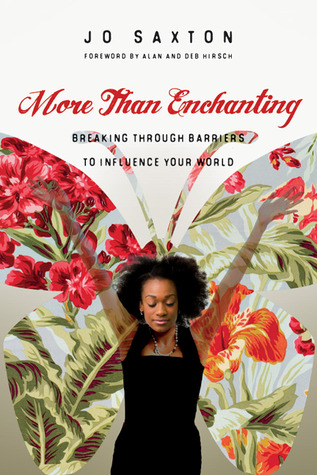{Once again I’m participating in Take & Read, the Patheos Book Club!}
I feel that have to admit that, because I have a faith/food book coming out very soon, whenever I encounter a book that looks like it might have some things in common with my own, I get all territorial and nervous, and feel like I need to point out the ways in which I’m right and this other author is wrong and how my book is needed as a corrective and all kinds of wise and mature and non-self-serving things like that.
I just have to get that out of the way, and to admit, first, that there is a lot to like about Mary DeTurris Poust’s new book Cravings. Mary is vulnerable and honest and has some good tips and some great stories (like her Italian immigrant relatives cooking pasta and tomato sauce over a BBQ pit on a road trip, and all-day cooking events where the Italian aunties and grandmas would bring their housedresses and slippers to help make ready the feast) that I would have enjoyed hearing more about.
Weirdly, though, the image I can’t get out of my mind is of Mary’s own description of the way she eats breakfast: oatmeal, with walnuts and dried cranberries, prepared and eaten alone, save for the company of God, invoked with prayer and a lit candle. What could be called mindful eating is part of the practice that Mary follows and advocates, and it’s the kind of thing that makes me nervous around food. I don’t really care if a study showed that chewing my food more times before swallowing will help me reduce calorie intake, because being that caught up about what I eat (for example, asking of each and every foodstuff “am I okay with this becoming a part of me?”) and how I eat it sends me sliding down the chute marked “restrictive and bordering on crazy.”
Books like Cravings, in other words, however well-intended, seem reinforce the problem that people who are anorexic and people who are binge-eaters already share in common: obsession with food. With due respect to Thich Nat Hahn and everyone else who believes the real way to eat is to do so silently and meditatively: that’s a bunch of malarkey. Food is for sharing together, raucously or not, WITH OTHERS.
For me—and this is why I ended up writing a book—all the very important things to think about in relation to food boiled down to something fairly simple: food, all of it, is a gift of God. Even crappy processed food. Even food that came through a feedlot and was grown with chemical pesticides. Now, if you’ve read my blog—and if you read my book—you’ll know that I don’t think the story exactly ends there. I think some food does speak more clearly of God and of what God loves: justice, kindness, mercy toward animals, stewardship of creation and of the bodies that are a part of it, and so on. Cultivating awareness of the issues around food—justice for workers, kindness to animals, sustainability in relationship to creation—is important, and, for me, was the path to eventually eating with joy.
In other words, what I (and others) have found most helpful in moderating a tendency to restrict or overeat is joining with other people. Eating is not ever something we can figure out on our own. Whatever our own food “issues” are—and I know about food issues, okay?—I think the first thing to say is what Rick Warren said in opening The Purpose Driven Life: it’s not about you. It’s about community, creativity, God, sustainability, kindness, celebration, and joy. If we expand our understanding of the meaning of food, we just might find that our issues around it resolve. Focusing on the problem, however well-intentioned, rarely seems to be effective. I know it never worked for me.











